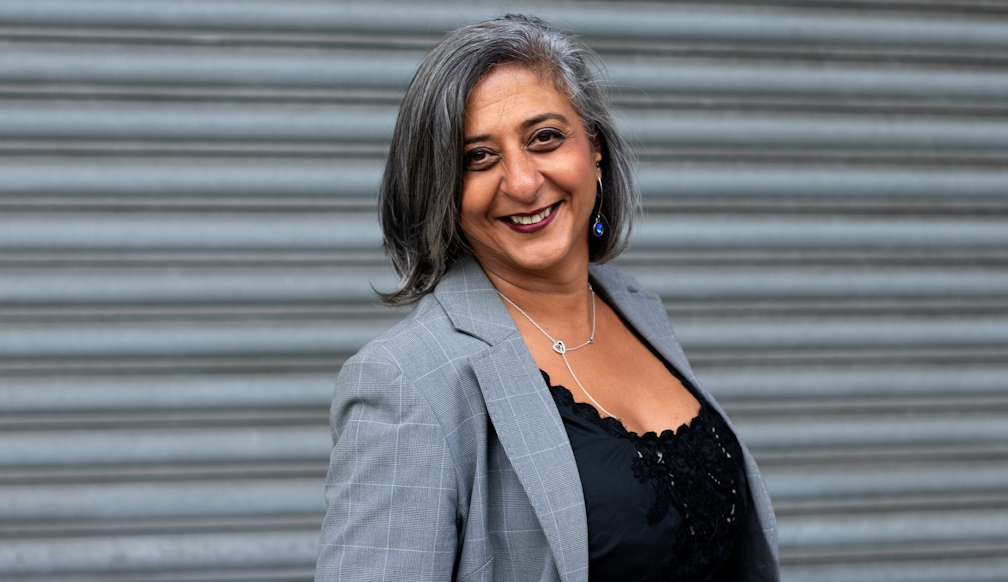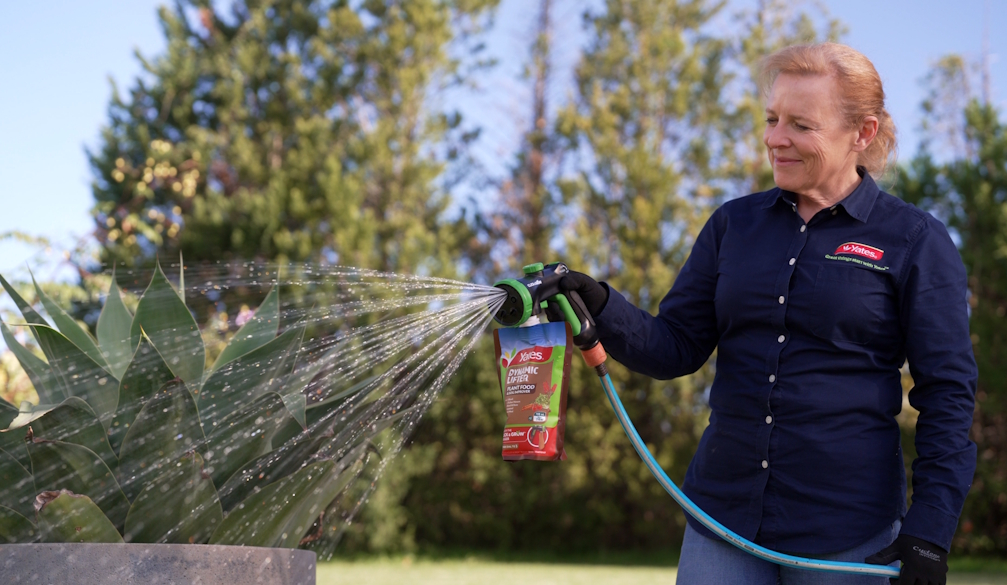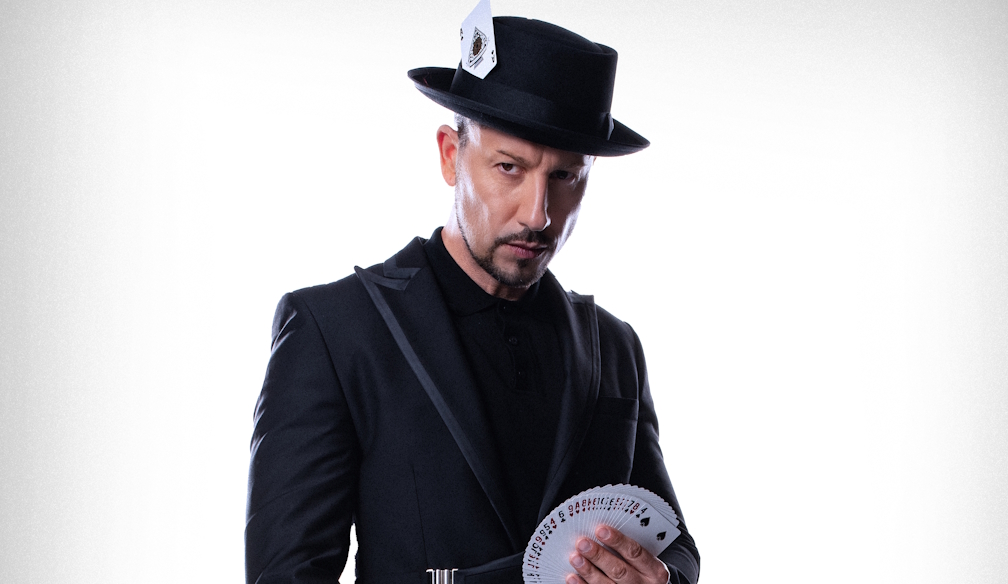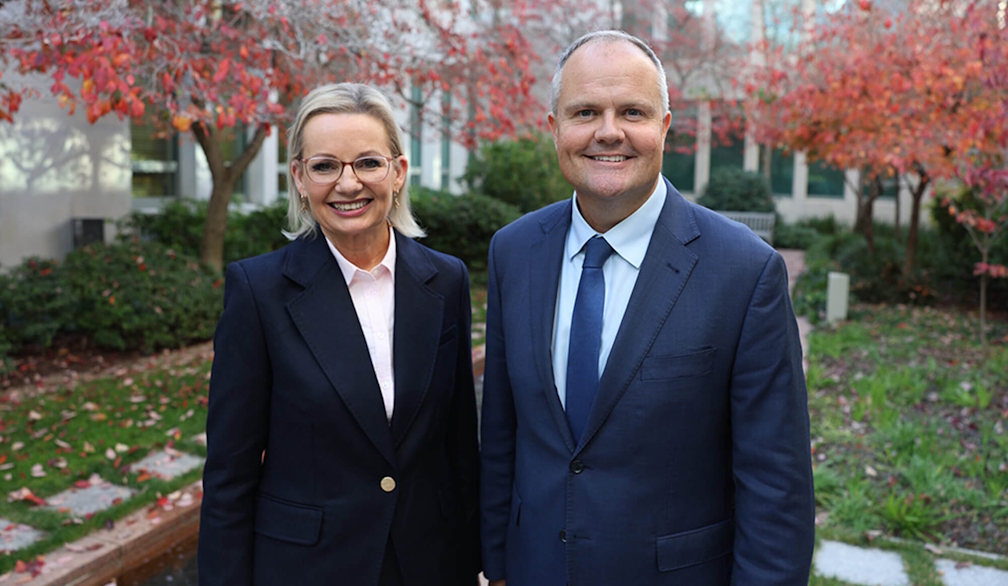How a meme that polarised the internet can teach us about supporting the young people in our lives

Taslim Parsons, founder of luxury sexual wellness and pleasure brand Share Satisfaction, tackles this deeper-than-average meme.
It’s 2024, and your social media feeds, for you pages and favorite media outlets are all talking about one thing – if a woman was in the woods, they would choose to encounter a bear over a man.
This hypothetical situation polarised the internet a few months back and has continued to linger in discussion since, with many women choosing the savage predictability of a bear over the uncertainty of a male stranger.
As the founder of New Zealand’s leading luxury sexual wellness brand Share Satisfaction, I can’t help but consider the root cause of this hypothesis, and as a mother to a 15-year-old boy who seems to grow like the trees in this supposed forest, I want to talk candidly about it.
The meme cycle hurtles at 100km an hour - like someone has cut the brakes and nothing we do can slow it down - but I think it’s important to reflect on why this completely overtook social media, and even now, that the bear emoji has become a symbol for toxic masculinity.
So why was the bear so popular with women online? Well, it doesn’t take a PhD to recognise that, unfortunately, many women and girls carry with them fear and trauma inflicted by experiences with men.
Despite the popularity of the bear, we all recognise that of course men can be kind, respectful partners.
But men can’t just magic themselves into being good partners – they need to be fostered by community. Maybe men are the bear because this hasn’t been happening, so how can we help our young men to see the forest for the trees?
Well, like so many other things, the call is coming from inside the house. Parents should model respect, communication and healthy, joyful relationships at home.
This may be hard, like telling a device-addicted child to put down the iPhone, but it is something that needs to be consciously worked on.
Parents – talk to your son about how his voice, physique and demeanor will change as he grows. His adult voice, body and even emotions will get bigger over time. It might not feel very fair to your growing son, but men can be misinterpreted as intimidating, and having some awareness of this will make all the difference in how your son navigates relationships.
As an advocate for sexual wellness, I believe the most important area to be candid is when you speak with your son about sex and relationships.
It should be treated as a normal topic of conversation in your household, and a place to empower your children to make informed decisions when it comes to the way they treat others.
As parents we need to know when sex-ed is coming up at school and bring these healthy conversations into the home. Open and honest chats with your son about relationships and consent are worth their weight in gold.
Are we talking about taboo areas when they come up in movies or television? I think we should be.
Trauma from sexual harm and relationships is far more common than we choose to acknowledge in the mainstream, so perhaps this hypothetical meeting is as close to viral as we will get when discussing women’s shared trauma.
Are we teaching our young men to be kind, considerate and capable allies – confident in their ability to call out behaviour and feel like they will be supported in doing so? Because we should be.
So, what are you choosing?












